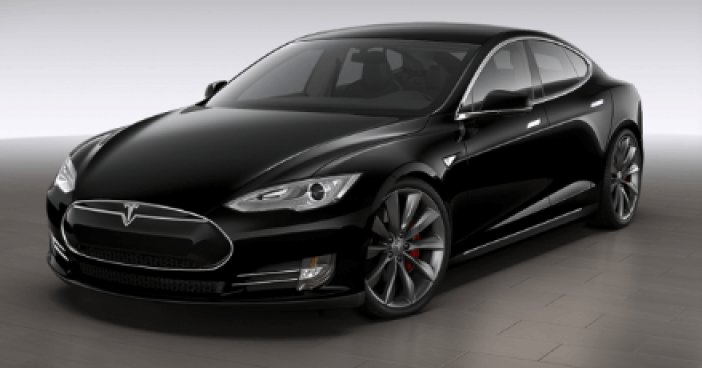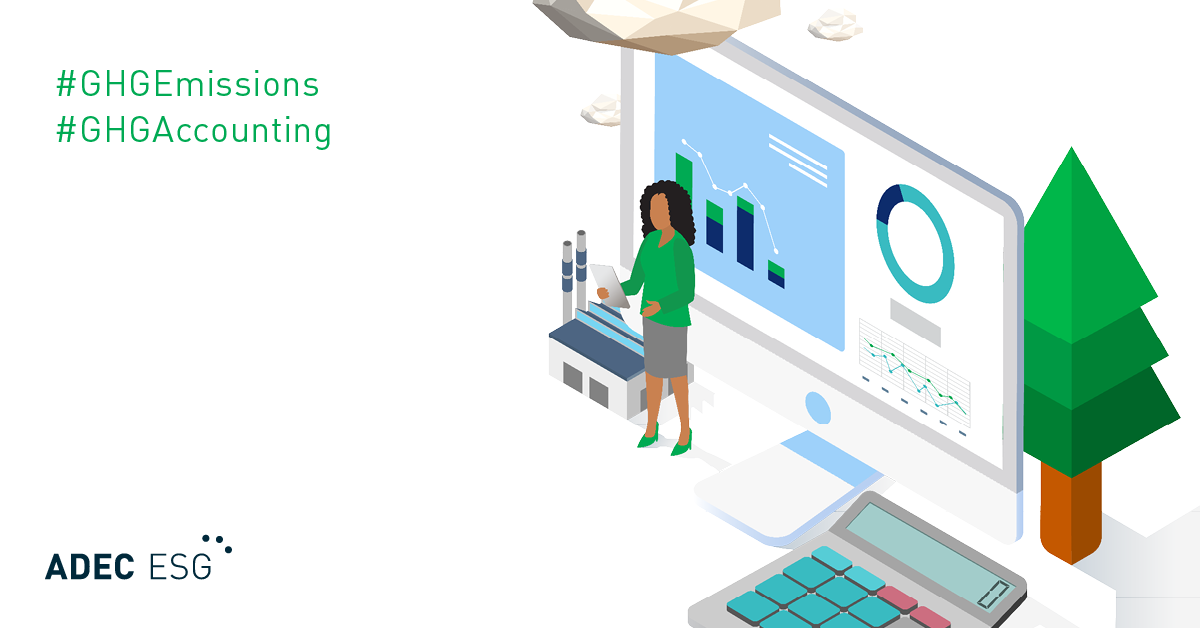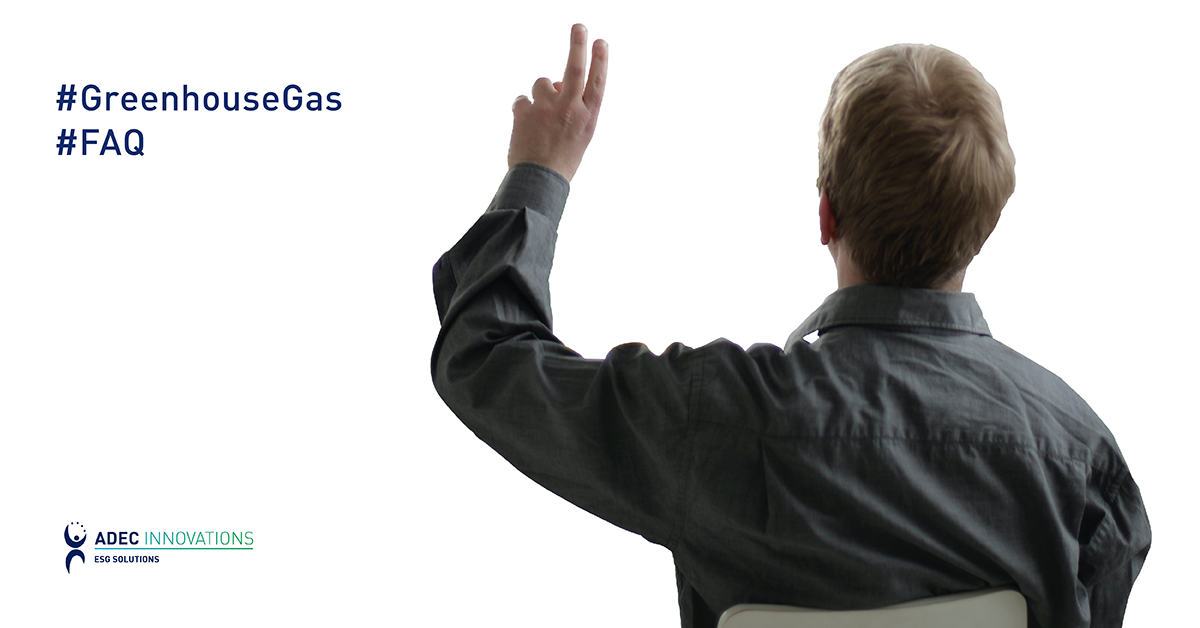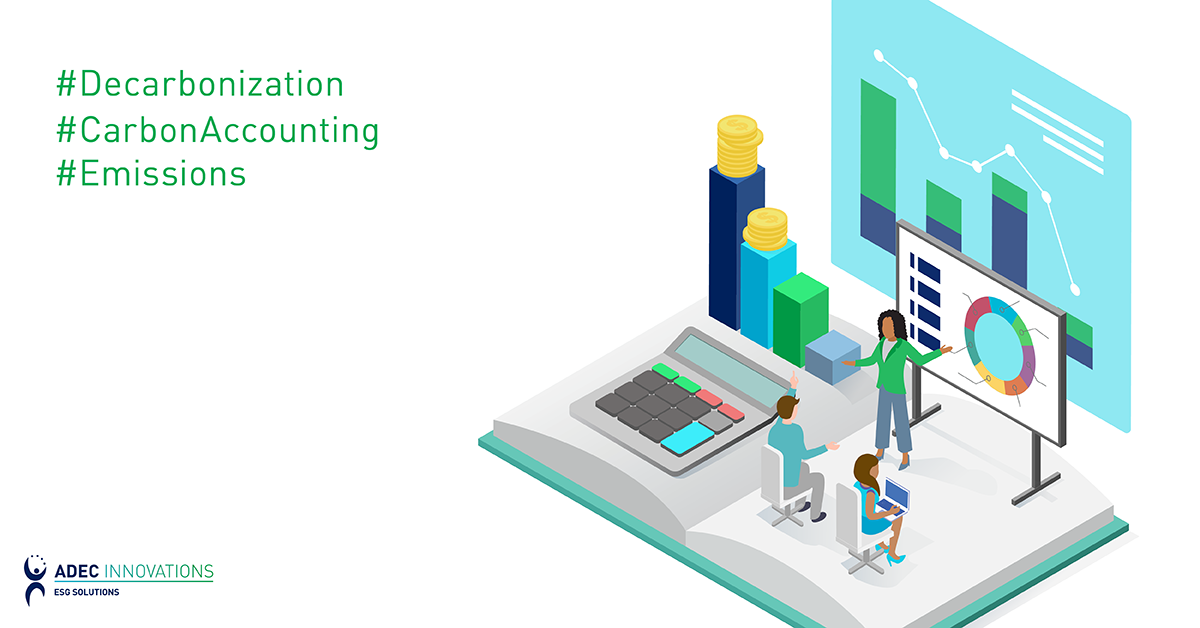Environmental problems such as global warming and the depletion of resources occur due to the rapid acceleration of global consumption. Energy consumption, in particular, continues to rise in direct proportion with rapid changes in standards of living. Given that many sources of energy are non-renewable, this trend may lead to irreversible consequences.
Aware of this fact, many companies offer innovative solutions to counter energy resource depletion. Some organizations provide energy-efficient vehicles, while others create gadgets that run on renewable energy.
Following are a few of the top organizations with leading energy innovations.
Tesla Motors: Model S
Range anxiety is a common concern for consumers when buying an electric vehicle. Electric vehicles are more environmentally-conscious, but practicality is an issue. An important engagement cannot be missed due to the requirements of an electric vehicle. What if it takes several hours to charge?
Tesla Motors integrated innovation to reduce range anxiety. Model S, a luxury electric vehicle, broke Consumer Reports’ rating barrier. On a scale up to 100, the Model S earned a 103. It can carry a huge battery pack with a potential range of more than 250 miles from a full charge.
General Electric: Self-Reporting Machines
Machinery maintenance work is known to be tedious. Setting schedules for inspecting and repairing is time-consuming. When a machine breaks down and maintenance work is late, unexpected downtime can lead to decreased productivity and wasted resources.
General Electric (GE) addressed this issue by developing self-reporting machines (turbines, locomotives, hospital equipment, etc.), which generate data about their operational efficiencies. Their Trip Optimizer, a control system that aids locomotives in reaching on-time arrivals with minimal fuel consumption calculates a train’s fuel usage and allows trains to achieve a 3-17% fuel savings.
Philips: Smart LED Bulbs
According to the United Nations Environment Programme (UNEP), lighting accounts for 15-19% of global electricity consumption, which translates to more than 5% of the world’s greenhouse gas (GHG) emissions. Companies are working hard to respond to this issue. Philips’ smart LED bulbs use about one-sixth of the amount of electricity that a conventional bulb consumes, which results in decreased energy consumption and a smaller carbon footprint.
US Marine Corps: Expeditionary Energy Office
The US Marine Corps Expeditionary Energy Office has developed several hybrid innovations that can help reduce diesel use in the battlefield. In addition to decreasing dependency on fossil fuels, these innovations also sustain longer missions and reduce soldiers’ vulnerabilities. Marine austere patrolling system (MAPS), a vest that contains a flexible solar panel that completes tasks like charging battle gear and filtering water does not contain multiple batteries and can reduce the average infantryman’s pack weight by nearly 50 pounds.
Companies are willing to be innovative to promote sustainability in their products. With companies needing energy for basic operations, they have a huge stake in preventing energy resource depletion.
ADEC ESG is a leading provider of sustainability solutions, with expertise in energy management. Our team helps clients around the globe create programs that allow you to save on energy costs, reduce consumption and improve your organization’s bottom line. For more information on how we can help your organization develop its energy management programs, talk to us today.




